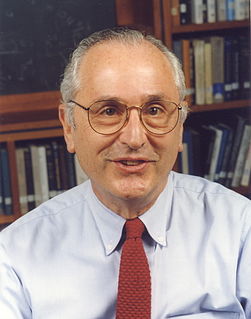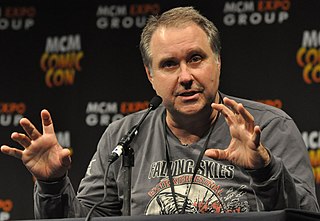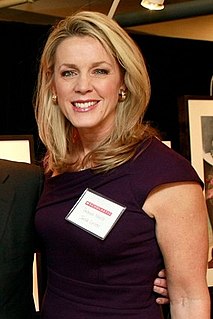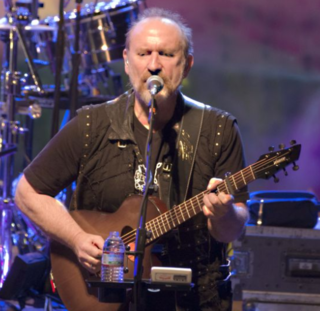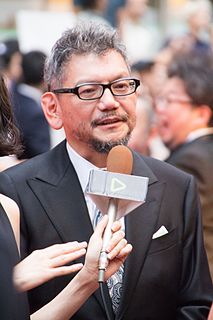A Quote by Leonard Cohen
The psychologists are valiantly trying to provide us with answers, the religious people are trying to provide us with answers. I think it properly falls on the cultural workers to investigate this predicament with a little less concern for the marketplace and a little more concern for their higher calling.
Related Quotes
I think that was in the discussions when NBC finally bought it and was trying to figure out how to distinguish it as an event. I'll be honest, we did shoot it with the idea of it being an on-going series, but because I am insane when I get to the end of a season and they give you a big, giant cliff-hanger with no answers, I insisted that we provide all the answers to the questions that we set up, at the beginning.
We should not be ashamed of not having answers to all questions yet... I'm perfectly happy staring somebody in the face saying, 'I don't know yet, and we've got top people working on it.' The moment you feel compelled to provide an answer, then you're doing the same thing that the religious community does: providing answers to every possible question.
But in the end, science does not provide the answers most of us require. Its story of our origins and of our end is, to say the least, unsatisfactory. To the question, "How did it all begin?", science answers, "Probably by an accident." To the question, "How will it all end?", science answers, "Probably by an accident." And to many people, the accidental life is not worth living. Moreover, the science-god has no answer to the question, "Why are we here?" and, to the question, "What moral instructions do you give us?", the science-god maintains silence.
One of the greatest of poets, Coleridge was one of the wisest of men, and it was not for nothing that he read us this parable. Let us have a little less of "hands across the sea," and a little more of that elemental distrust that is the security of nations. War loves to come like a thief in the night; professions of eternal amity provide the night.
A little more kindness, A little less speed, A little more giving, A little less greed, A little more smile, A little less frown, A little less kicking, A man while he's down, A little more "We", A little less "I", A little more laugh, A little less cry, A little more flowers, On the pathway of life, And fewer on graves, At the end of the strife.
It is taboo in our society to criticize a persons religious faith... these taboos are offensive, deeply unreasonable, but worse than that, they are getting people killed. This is really my concern. My concern is that our religions, the diversity of our religious doctrines, is going to get us killed. I'm worried that our religious discourse- our religious beliefs are ultimately incompatible with civilization.
Evangelion is like a puzzle, you know. Any person can see it and give his/her own answer. In other words, we're offering viewers to think by themselves, so that each person can imagine his/her own world. We will never offer the answers, even in the theatrical version. As for many Evangelion viewers, they may expect us to provide the 'all-about Eva' manuals, but there is no such thing. Don't expect to get answers by someone. Don't expect to be catered to all the time. We all have to find our own answers.

